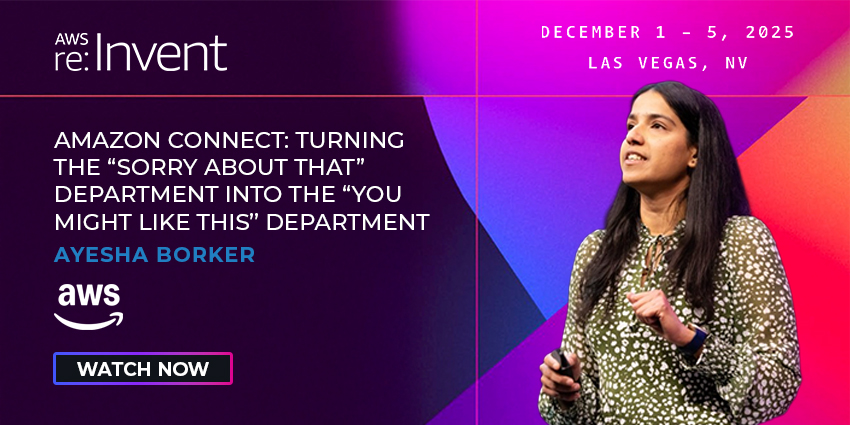Underpinning every retail innovation, strategy and tech development, the global economy will always be a central concern for the industry, and NRF 2024 revealed a guarded positivity about the current state of play.
Despite indications to the contrary, industry leaders are cautiously optimistic about the economic forecast for 2024. The usual concerns over being unable to quantify the unknown (interest rates, global conflict, inflation, climate issues and so on) are ever-present, but analysists have a generally positive view of consumer spending and sentiment. According to CNBC’s Steve Liesman, the economy is ‘not likely’ to face a recession in the short term as it continues to recover from the effects of COVID 19.
AI remains front of mind
Unsurprisingly, AI is still a hot topic – it dominated conversations at Gitex and continues to be a concern as retailers and tech providers work together to maximise its potential. As is so often the case, the first step is to define what it means in a practical sense and how it translates to the customer experience:
- Despite a focus on generative AI and large language models such as ChatGPT, the true benefits lie in its ability to analyse large amounts of data and turn it into useful information – something it can, without doubt, do faster than humans. As Primark’s Chief Architect Paul Sims says, ‘AI without data is like retail without inventory’.
- This ability to process thousands of datapoints has its advantages in empowering store associates – access to full product catalogues and the ability to make smart recommendations based on customer data etc will enable them to cross- and upsell in a way that is relevant to the customer. But they will always need to apply human knowledge to refine those recommendations and personalise them for the customer they’re talking to, with all the subtleties and nuances that come with person-to-person communication. AI relies on human input – it may be called ‘intelligence’, but that doesn’t mean it actually has brain power.
- As with all rapidly-accelerating new tech, there’s currently a skills gap while the industry matches demand with availability. This in itself presents an opportunity for future-focused retailers to upskill their store associates and elevate their roles as trusted shopping companions.
Omnichannel is still the key to success
Though a lot of terms were being used to describe seamless shopping – omni-commerce, connected commerce, unified commerce and omniscient commerce were just a few – it emerged that retailers understand and recognise the benefits of ‘omnichannel’. Leaders including Walmart CEO John Furner emphasised the need for an omnichannel approach to provide a consistently good customer experience, and Home Depot’s Director of Omnichannel Operations Jonas Stillman shared how they analysed processes in their stores and discovered that store associates with the right technology at their fingertips would hugely improve efficiency via omnichannel order fulfilment. The appetite for connected systems and processes, galvanised by the increasing availability of practical AI applications to facilitate data processing at volume, has increased both from a business and customer perspective, and conversations suggest that retailers that may have been reluctant in the past are now ready to act.
People’s experiences are paramount, despite all the talk about automation
One of the key themes that surfaced this year was the need to recognise the value of the store associate, despite the clear shift towards AI and automation for some tasks. As I highlighted in a previous article, the value exchange from loyalty schemes is moving from points/discounts towards personalised, customer centric services, which by necessity require the human touch and the ability to assess and interpret the needs of customers. Retailers recognise that this means making sure those store associates have the right technology to deliver that kind of superior experience – as Levi Strauss & Co. Chief Financial and Growth Officer Harmit Singh put it during his presentation: ‘knowledge of business is critical, and must start on the ground floor.’ Few people in retail appreciate what it takes to ensure customers keep returning and making purchases more than frontline staff – they deserve to be equipped with the best tools on the market to enable them to shine, upskilling and elevating both their role and the customer experience.
Those shaping the future of retail at NRF 24 may have come from many different countries, brands and business models, but the single purpose that unites them is that now, more than ever, customer experience that drives sales, encourages loyalty and ensures business success depends on the right tech, using the right tools in the right way – supported by AI for tasks that don’t need the human touch and empowering store associates to excel at the tasks that do.







